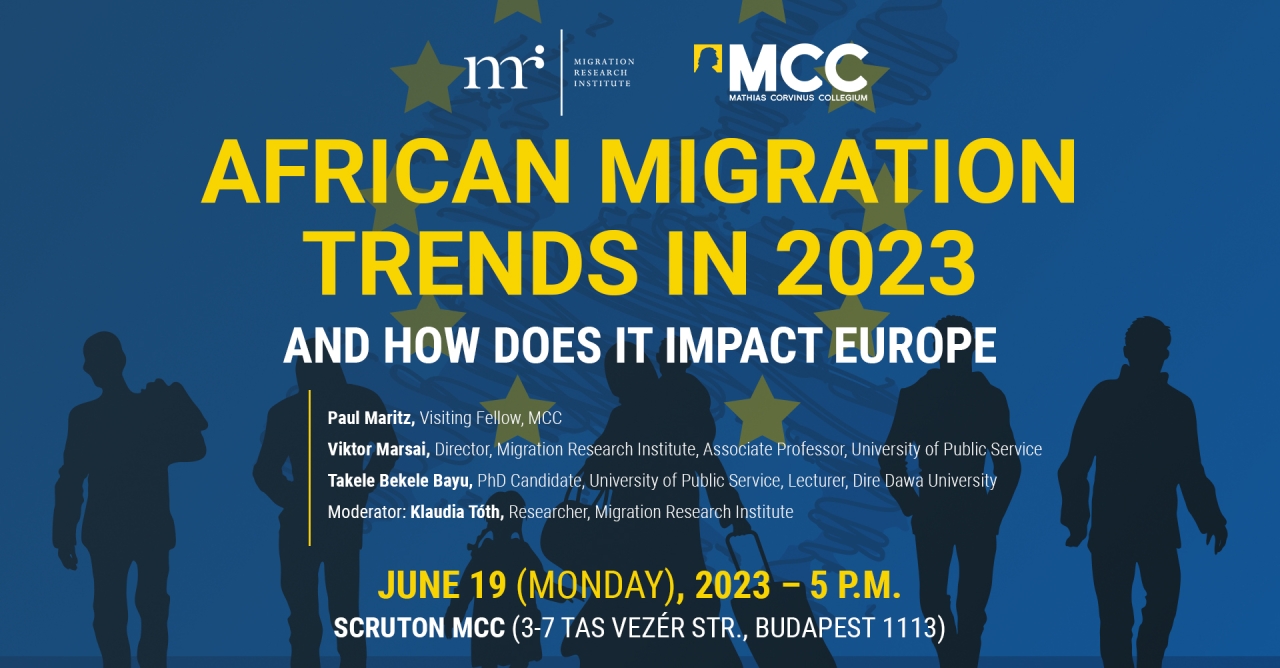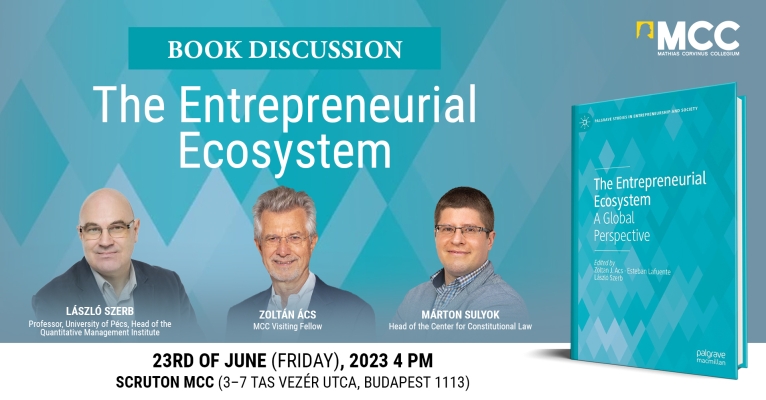While often unrecognized, most African migration occurs within the continent as migrants seek employment opportunities in neighboring regional economic hubs. Africa accounts for only 14 percent of the global migrant population, compared to 41 percent from Asia and 24 percent from Europe. Urban areas in Nigeria, South Africa, and Egypt are the main destinations for this inter-African migration, reflecting the relative economic dynamism of these locales.
African migration is being driven by a varied combination of push-pull factors for each country. The primary push factors are conflict, repressive governance, and limited economic opportunities. North Africans make up the majority of African immigrants living in Europe. The top three—Morocco, Algeria, and Tunisia—comprise over 5 million of the 11 million African migrants in Europe. This underscores the importance of proximity, established diasporas, and economic opportunity as key pull factors influencing migration decision-making. Most African migration remains on the continent, continuing a long-established pattern. Around 21 million documented Africans live in another African country, a figure that is likely an undercount, given that many African countries do not track migration.
According to the Hungarian Central Statistical Office, there are more than 9 000 Africans living in Hungary nowadays. Many of them are students who came to the country via the Stipendium Hungaricum scholarship program which is based on bilateral education agreements between Hungary and the governments of the sending countries. During the roundtable discussion, the speakers will share their thoughts about the above-mentioned topics.
Participants:
- Paul Maritz, Visiting Fellow, MCC
- Viktor Marsai, Director, Migration Research Institute, Associate Professor, University of Public Service
- Takele Bekele Bayu, PhD Candidate, University of Public Service, Lecturer, Dire Dawa University
- Moderator: Klaudia Tóth, Researcher, Migration Research Institute
Language: English
The event is free to attend, but registration is required.


